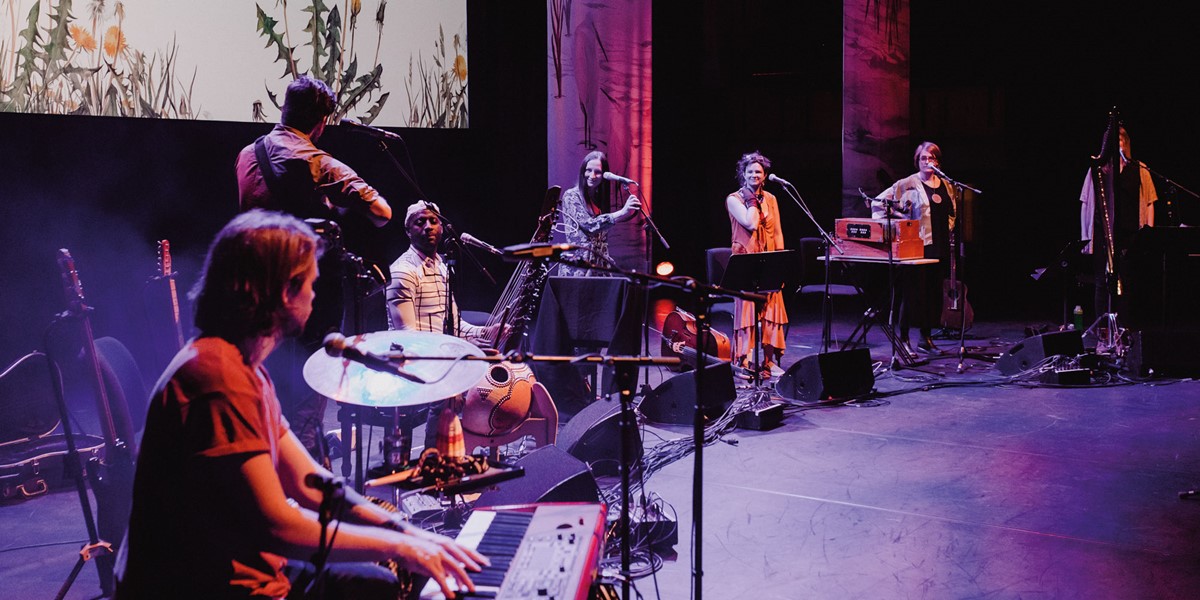Wednesday, April 29, 2020
The Lost Words: Spell Songs
Nathaniel Handy is captivated by the musical spells conjured up by a collective of artists in response to The Lost Words book


Register now to continue reading

Thanks for visiting the Songlines website, your guide to an extraordinary world of music and culture. Sign up for a free account now to enjoy:
- Free access to 2 subscriber-only articles and album reviews every month
- Unlimited access to our news and awards pages
- Our regular email newsletters

